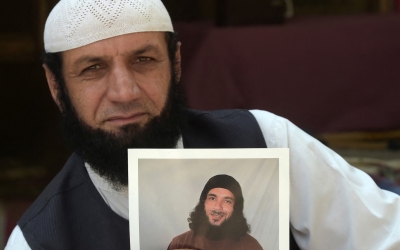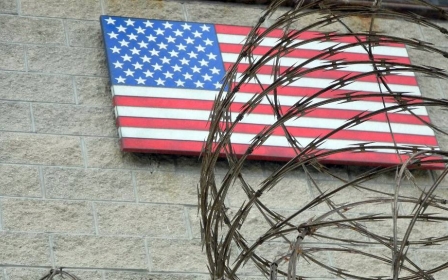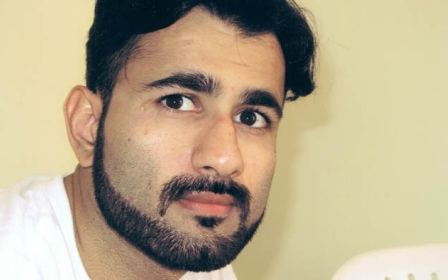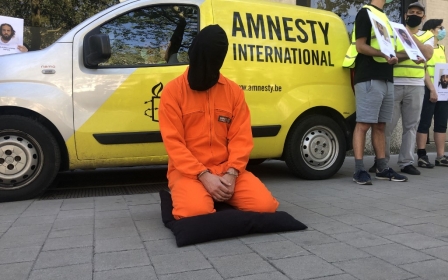Guantanamo: Senate committee convenes hearing on closing prison
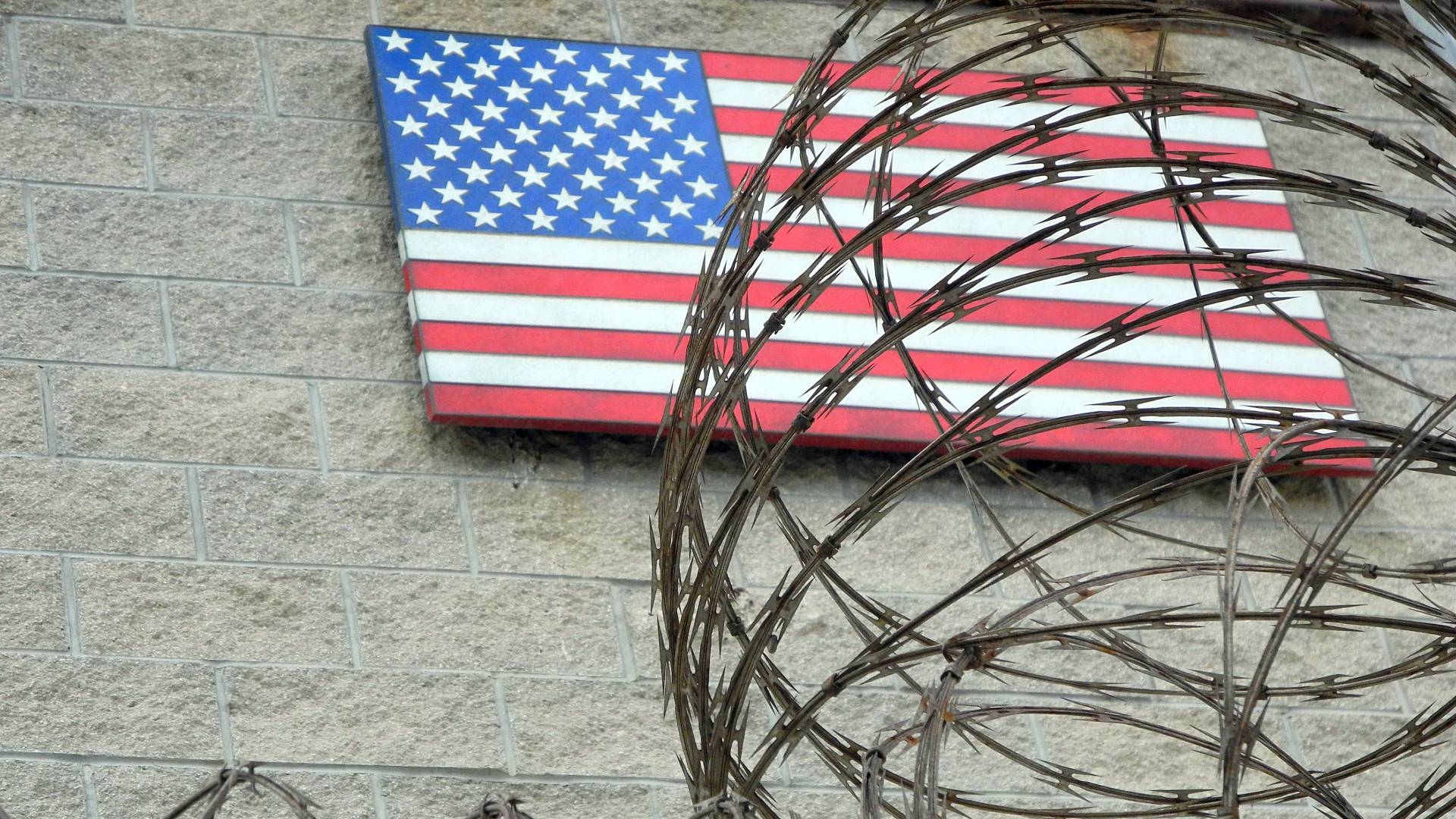
Leading US lawmakers and military generals have called on the Biden administration to provide a concrete plan to close the Guantanamo Bay prison, saying that the past 20 years of its operation have shown Washington's failure to provide justice for the families of the 9/11 attacks.
During a Senate Judiciary Committee hearing on Tuesday, many Democratic senators echoed statements made repeatedly over the years, that the indefinite detention and torture of detainees at Guantanamo Bay and at CIA black sites "is a stain on the moral fiber of America".
"It saddens me that this hearing today is even necessary. The story of Guantanamo is a story of a nation that lost its way. It is a story of unspeakable abuse and indefinite detention without charge or trial," Senator Richard Durbin, chair of the judiciary committee, said during the hearing.
'I was given 96 hours to open it. Ninety-six days to close it seems reasonable'
- Michael Lehnert, retired US general and first commander of Guantanamo Bay prison
The administration of US President Joe Biden said in February that it intended to close the prison, yet months later it remains open with no announced plan for its closure.
The administration did not send a witness to testify on its behalf, leaving ongoing efforts to close the prison unclear.
New MEE newsletter: Jerusalem Dispatch
Sign up to get the latest insights and analysis on Israel-Palestine, alongside Turkey Unpacked and other MEE newsletters
Retired Major General Michael Lehnert, who served as the first commander of the detention centre, said that one way the Biden administration could effectively work to close the prison was by appointing a single official in the White House to be responsible for the process.
"First, make someone in the White House currently responsible for closure and give them a finite period of time to make it happen," he told the Senate committee.
"I was given 96 hours to open it. Ninety-six days to close it seems reasonable," he said.
He added that rather than continuing with the current process of the military commissions, "plea deals could be reached within the commissions themselves or by video in federal court".
Accountability for unlawful acts
The Guantanamo Bay prison was first opened in January 2002 as US forces began to round up hundreds of prisoners from a number of countries following the 9/11 attacks in 2001. Some detainees claim they were turned over to the US in exchange for bounties, regardless of whether they had a connection to al-Qaeda or the Taliban.
Nearly 800 men were detained at the prison at its peak capacity, and the majority have since been released. Thirty-nine detainees currently remain at the prison, with 13 of them being eligible for transfer and another 14 of them being held indefinitely without charge or trial.
So far, the Biden administration has repatriated one prisoner, Abdul Latif Nasser, to his home country, Morocco.
Meanwhile, a dozen inmates are at some stage of a military tribunal process widely seen as dysfunctional.
Past attempts to close the prison were met with resistance, largely because of the political cost coming from constituents still reeling from the 9/11 attacks, in which almost 3,000 people were killed.
However, after two decades, $6bn in taxpayer funds, countless scandals, detailed revelations of torture and a failure by the war court to properly prosecute those on trial, advocates say the political will may now exist to finally shutter the facility.
Colleen Kelly, a co-founder of 9/11 Families for Peaceful Tomorrows, called on the Senate committee to provide "a resolution to the 9/11 cases that provides justice for the deaths of our family members, answers to our questions, accountability for unlawful acts and a path to closing Guantanamo".
"Perhaps then this long-festering collective national wound can finally begin to heal," she said.
'Antithetical to ideals of liberty'
US courts have been grappling with the issue of whether Guantanamo detainees should have certain rights, including due process, under the Constitution.
Earlier this year, Durbin sent a letter to the Justice Department urging Attorney General Merrick Garland to reconsider Washington's defence of the indefinite detention at Guantanamo.
"Indefinite detention [is] antithetical to the ideals of liberty that the United States of America was founded upon. Every day that the prison remains open, its existence calls into question our commitment to human rights and the rule of law," he said in the letter.
In October, the US Supreme Court heard opening arguments in the case of Guantanamo "forever prisoner" Abu Zubaydah, who was captured after the 9/11 attacks and is requesting access to secret evidence related to his alleged CIA-sponsored torture.
Later that month, a federal court ruled that the detention of another detainee, Asadullah Haroon Gul, was unlawful - the first such ruling in a decade that a Guantanamo detainee's imprisonment was unlawful.
Middle East Eye delivers independent and unrivalled coverage and analysis of the Middle East, North Africa and beyond. To learn more about republishing this content and the associated fees, please fill out this form. More about MEE can be found here.


